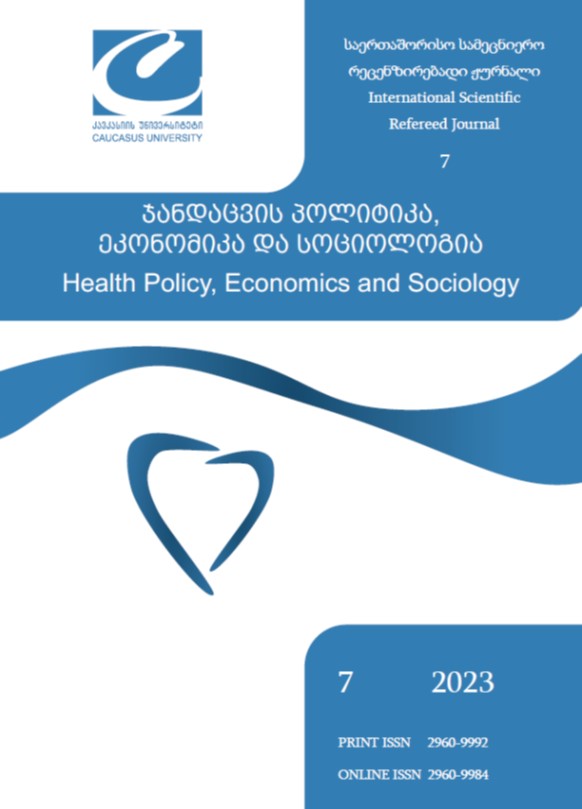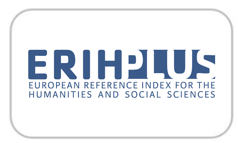ქვეყნების კლასიფიკაციის პრობლემები: სუვერენიტეტის და იდენტობის აღიარება, როგორც არაიერარქიული მსოფლიოს ხედვა
საკვანძო სიტყვები:
იდენტობა, სუვერენიტეტი, ქვეყნების კლასიფიკაცია, რასიზმი, კოლონიალიზმი, გლობალური ჯანდაცვაანოტაცია
ქვეყნების კლასიფიცირებისას ხშირად ვიყენებთ ტერმინებს: მდიდარი და ღარიბი მოსახლეობა, რესურსებით მდიდარი და შეზღუდულ-რესურსიანი ქვეყანა, ძველი და ახალი სამყარო, პირველი და მესამე სამყარო, განვითარებული და განვითარებადი ქვეყნები, მაღალშემოსავლიანი ქვეყნები და დაბალშემოსავლიანი ქვეყნები, გლობალური ჩრდილოეთი და სამხრეთი, დასავლეთი და აღმოსავლეთი… ქვეყნების ასეთი კლასიფიკაცია და ლექსიკა სათავეს იღებს რასიზმსა და კოლონიალიზმში, რამაც შექმნა ცრუ იერარქია ერებს შორის, მიანიჭა უფრო მაღალი ღირებულება ქვეყნების გარკვეულ ჯგუფს და მისცა სხვებზე ბატონობის, მათზე მანიპულირების და დამორჩილების უფლება. ტერმინოლოგია, რომელიც კოლონიზაციის დროიდან გამოიყენება სამყაროს დასაყოფად, მუდმივად იცვლება, რომ გათვალისწინებული იყოს ცვალებადი სოციო-პოლიტიკურ გარემო. თუმცა, ყოველი ახალი ტერმინი გარკვეულწილად გაგრძელებაა იმ უთანასწორობისა, რომელიც საუკუნეების მანძილზე გრძელდება. არ შეიძლება იმის უარყოფა, რომ ქვეყნებს შორის არსებობს აშკარა უთანასწორობა, მაგრამ ასეთ ტერმინოლოგიაზე დაყრდნობა, რომელიც შექმნა მსოფლიოს მხოლოდ ერთმა ნაწილმა, არ გვაძლევს ქვეყნების სუვერენიტეტის და მათი დამოუკიდებელი იდენტობის აღიარების შესაძლებლობას. აღნიშნული პრობლემა არ არის მარტივი გადასაწყვეტი. საჭიროა არსებობდეს საერთაშორისო სტანდარტი ქვეყნებს შორის განსხვავებების სათანადო ტერმინებით აღსაწერად. გლობალური ჯანმრთელობისა და გლობალური განვითარების საკითხების განხილვისას დისკრიმინაციული ტერმინების თავიდან ასაცილებლად სიფრთხილით და გააზრებით უნდა მოვეკიდოთ მათ. მნიშვნელოვანია, გამოვიყენოთ ისეთი ტერმინები, რომლებიც აღიარებენ ქვეყნებსა და ხალხებს შორის განსხვავებებს და პატივ სცემენ მათ სუვერენიტეტს და იდენტობას.
ჩამოტვირთვები
გამოქვეყნებული
როგორ უნდა ციტირება
გამოცემა
სექცია
ლიცენზია

ეს ნამუშევარი ლიცენზირებულია Creative Commons Attribution-ShareAlike 4.0 საერთაშორისო ლიცენზიით .













